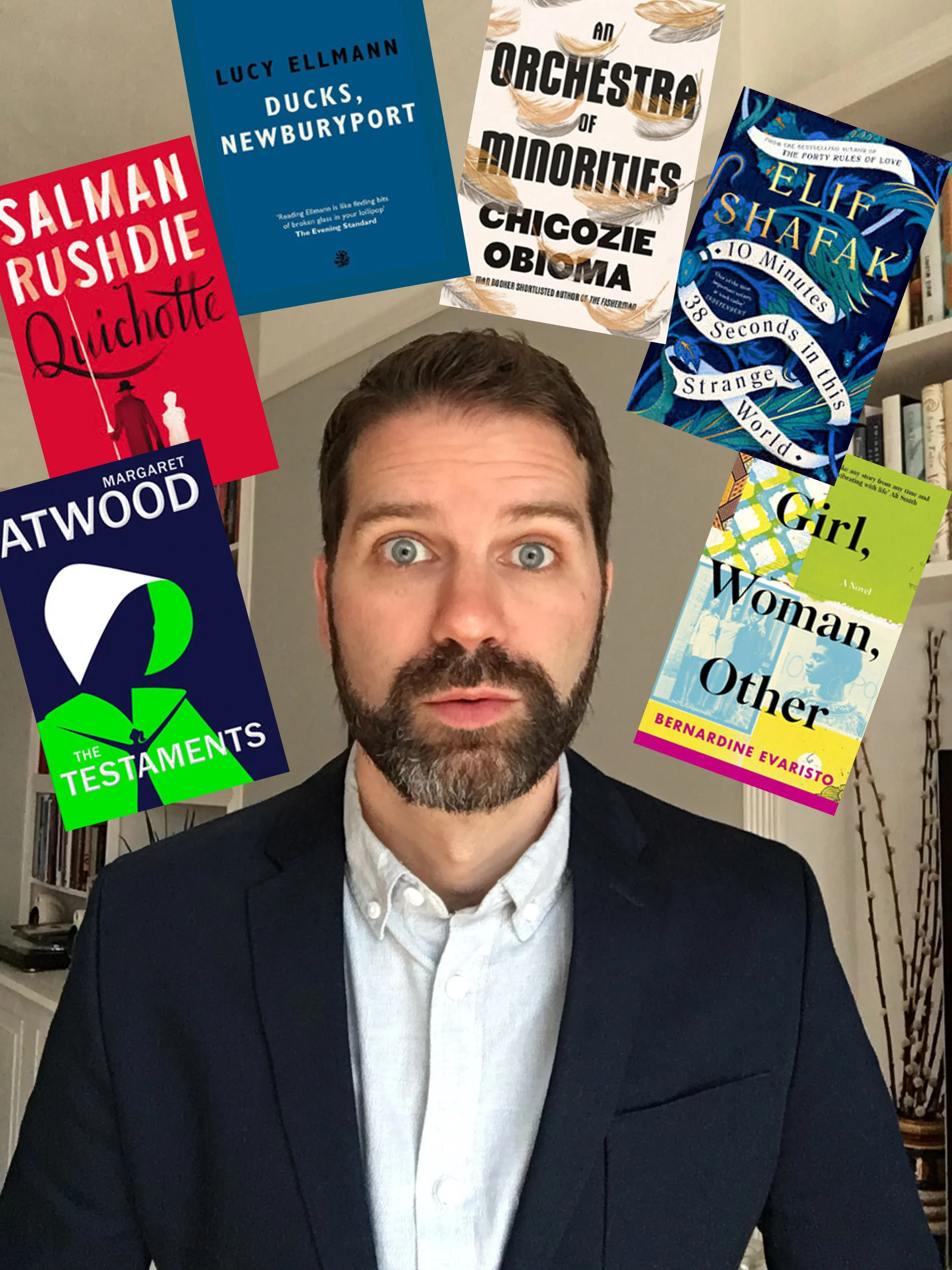One of my favourite writers that I read during my time at university was George Orwell. I have a special fondness for his fiction such as “Keep the Aspidistra Flying” and “A Clergyman’s Daughter” (in addition, of course, to the famous “1984”) and nonfiction such as “Down and Out in Paris and London”. So it’s wonderful that The Orwell Foundation runs a series of prizes for new books which seek “to make political writing into an art” including an award for political fiction. Last year’s winner was Anna Burns for “Milkman” which is a sharp-eyed look at the personal impact of The Troubles in Northern Ireland. Other novels I was especially glad to see on last year’s shortlist include “Ironopolis” by Glen James Brown, “Sabrina” by Nick Drnaso and “Red Clocks” by Leni Zumas.
The longlist for this year’s prize has just been announced and includes an intriguing mixture of fiction I’ve read, a few I’ve been meaning to get to and some books I’ve not come across before. Some of these novels such as “The Topeka School” by Ben Lerner, “Spring” by Ali Smith and “The Nickel Boys” by Colson Whitehead have been critically lauded but received little or no prize attention before this award. So it’s great to see a book prize shine a spotlight on them and noting the political message of these books in particular. Four of these novels also appeared on last year’s Booker Prize longlist including “Ducks, Newburyport” by Lucy Ellman (which was the best book I read last year), “Girl, Woman, Other” by Bernardine Evaristo, “The Wall” by John Lanchester and “The Man Who Saw Everything” by Deborah Levy. Iconic writer Edna O’Brien’s novel “Girl” is also listed for this year’s Women’s Prize.
Other books on the list I’m keen to read include “This Paradise” by Ruby Cowling which is a collection of short stories about people fleeing towards places or times or situations they hope might be better. “Broken Jaw” by Minoli Salgado, the other book of short stories on the list, includes tales mostly set in Sri Lanka that concern the traumas of war. Regina Porter is an award-winning playwright and her debut novel “The Travelers” concerns the histories of two interconnected American families (one white, one black). Attica Locke is an acclaimed author of literary crime novels and “Heaven, My Home” is the second instalment in her Highway 59 series. James Meek’s “To Calais, In Ordinary Time” is a historical novel set in the 14th century amidst the shadow of the Black Death.
So it’s a wonderfully varied list and I look forward to discovering some good new fiction from it. The shortlist will be announced mid-May and the winner will be announced on June 25th, George Orwell’s birthday. Let me know if you’re rooting for any of these books or if you’re keen to read any of them now.
















